Introduction:
In the ever-evolving landscape of Homeowners Association (HOA) management, the integration of technology has become a defining factor in achieving efficiency, transparency, and resident satisfaction. From streamlined communication to financial management, technology plays a multifaceted role in shaping the modern HOA. In this article, we will explore the pivotal role of technology in HOA management, examining the transformative impact it has on operations and the overall community experience.
Digital Communication Platforms: Enhancing Connectivity Effective communication lies at the heart of successful HOA management. Digital communication platforms have revolutionized the way HOAs interact with residents, board members, and service providers. Online portals, community websites, and dedicated communication apps provide a centralized hub for disseminating information, sharing updates, and fostering an engaged community. Modern HOAs leverage these platforms to enhance connectivity, ensuring that critical information reaches stakeholders in real-time.
Comprehensive Property Management Software: Streamlining Operations The adoption of property management software has streamlined day-to-day operations for HOAs. These platforms offer a centralized solution for managing tasks such as financial transactions, document storage, and communication. Features like automated workflows, document sharing, and financial tracking contribute to operational efficiency, reducing the administrative burden on HOA management teams.
Financial Management Tools: Ensuring Fiscal Responsibility Sound financial management is a cornerstone of effective HOA governance. Technology has introduced sophisticated financial management tools that assist in budgeting, accounting, and financial reporting. Cloud-based accounting software enables real-time tracking of financial transactions, simplifying the budgeting process and providing transparency that is essential for building trust among homeowners.
Online Voting Systems: Facilitating Democratic Decision-Making Traditional methods of voting in HOA meetings are evolving with the introduction of online voting systems. These platforms allow residents to participate in decision-making processes without the need for physical presence. Whether it’s voting on community initiatives, electing board members, or providing feedback on proposed changes, online voting systems promote inclusivity and streamline the democratic governance of HOAs.
Community Management Apps: Enhancing Resident Experience Community management apps have become a staple in modern HOA living. These apps offer residents a convenient way to access community updates, submit service requests, and engage with neighbors. Features like event calendars, announcement boards, and instant messaging contribute to a cohesive community experience, making it easier for residents to stay informed and connected.
Architectural Review Software: Streamlining Approval Processes Architectural review processes, crucial for maintaining community aesthetics, have been streamlined through the use of specialized software. These platforms digitize the submission and approval of architectural changes, making the process more efficient and transparent. Homeowners can submit requests online, and board members can review and approve changes digitally, reducing paperwork and expediting the approval timeline.
Data Analytics for Informed Decision-Making: Leveraging Insights Data analytics has emerged as a powerful tool for HOA management teams seeking to make informed decisions. Analyzing data related to community demographics, financial trends, and resident engagement provides valuable insights. These insights help HOAs tailor their strategies, identify areas for improvement, and proactively address challenges.
Automated Maintenance Systems: Proactive Property Care Proactive property maintenance is essential for preserving property values and ensuring resident satisfaction. Automated maintenance systems use technology to schedule routine inspections, track repair requests, and address issues promptly. By automating maintenance workflows, HOAs can enhance the overall condition of the community and minimize disruptions for residents.
Virtual Meeting Platforms: Facilitating Remote Collaboration The advent of virtual meeting platforms has become particularly significant in recent times. These platforms enable HOA boards, residents, and management teams to conduct meetings remotely. Virtual meetings enhance accessibility, allowing stakeholders to participate from the comfort of their homes and fostering continued community engagement even during challenging circumstances.
Security Technologies: Safeguarding Community Well-beingSecurity is a top priority for HOAs, and technology has introduced advanced solutions to enhance community safety. Surveillance cameras, access control systems, and smart technology integrations contribute to robust security measures. These technologies not only deter potential threats but also provide peace of mind for residents, reinforcing a sense of well-being within the community.
Conclusion:
The role of technology in modern HOA management goes beyond mere digitization; it transforms the very fabric of community living. By embracing innovative solutions, HOAs can streamline operations, enhance communication, and elevate the overall resident experience. The integration of technology not only increases operational efficiency but also positions HOAs to navigate the challenges of a rapidly changing landscape. As technology continues to advance, its role in HOA management will evolve, offering new possibilities for fostering vibrant, connected, and thriving communities. Embracing these technological advancements is not just a choice; it’s a strategic imperative for HOAs committed to delivering excellence in community living.
Epilogue:
This writing is posted by Freeland Painting in Suwanee, GA for purposes of education and marketing. If you would like more information about our company or our services, please click on the links provided or call us at 678-679-3126 to schedule an estimate for services.


